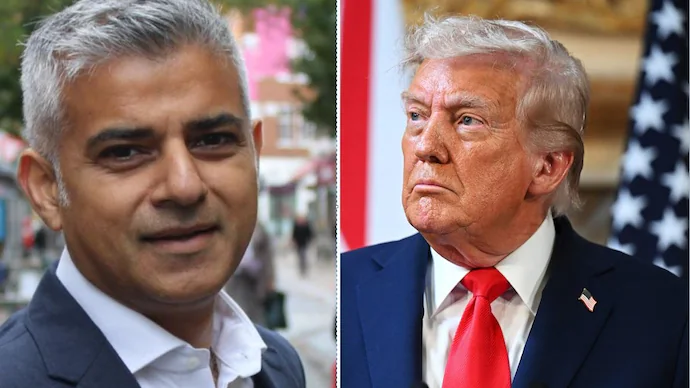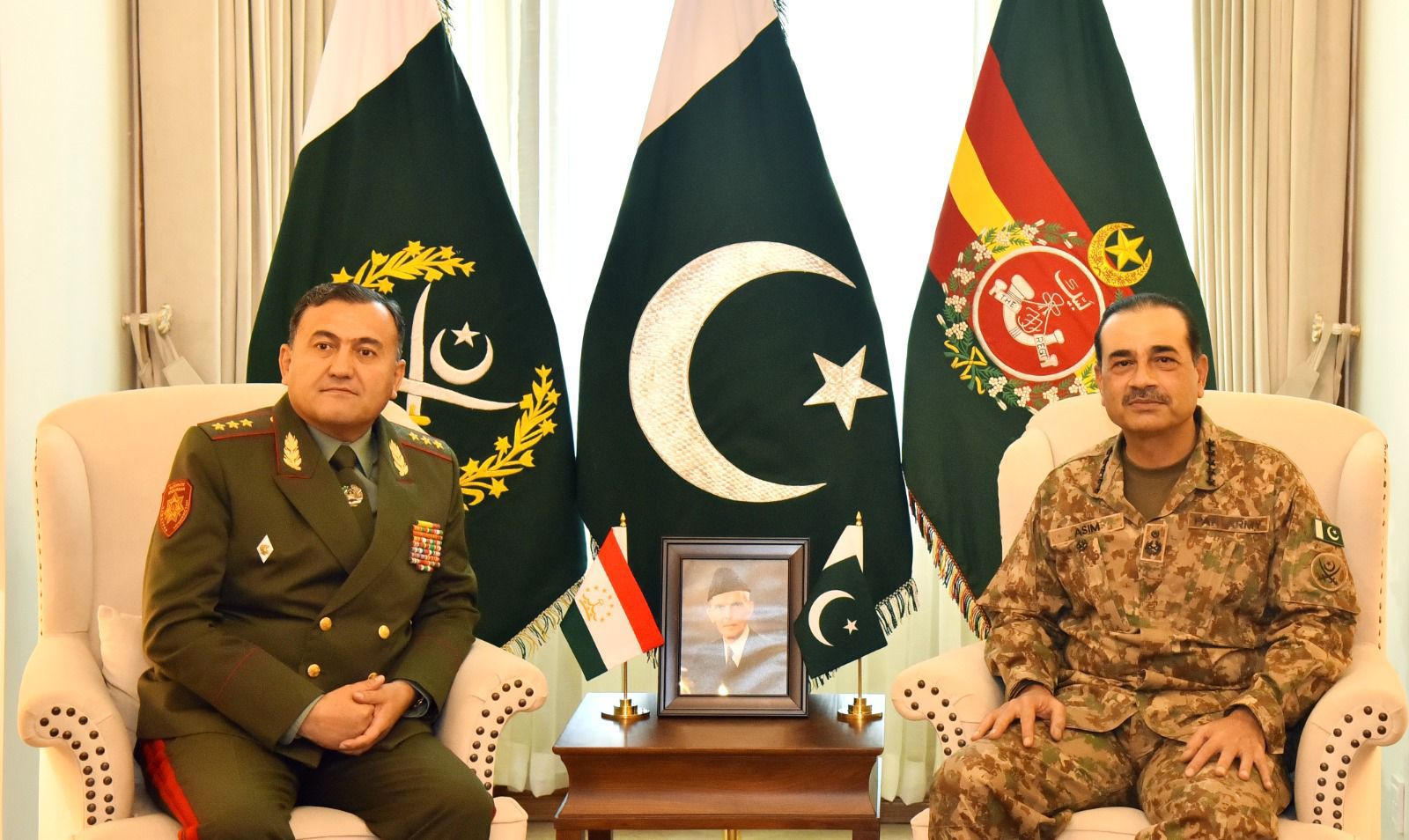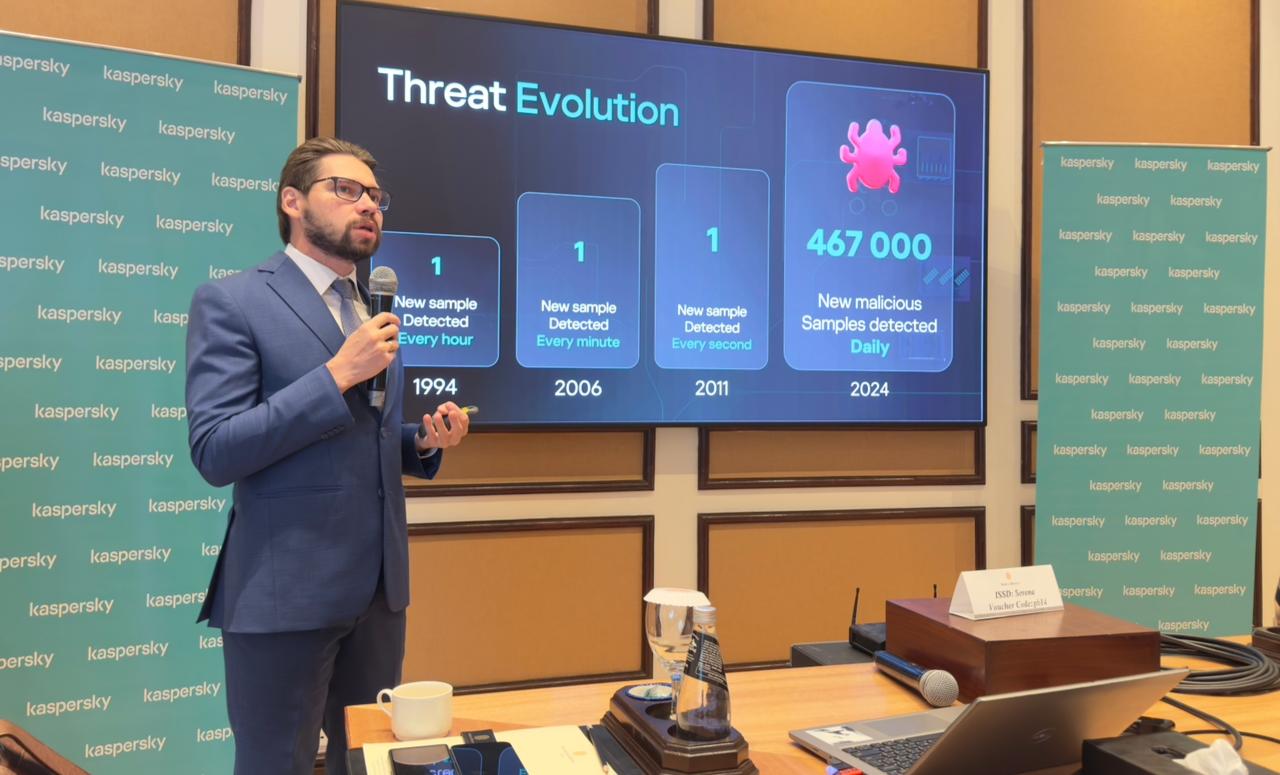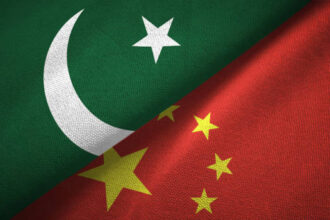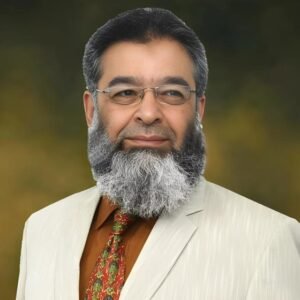
The Sadiq Khan Trump Banquet controversy has reignited debate over political leadership styles and international diplomacy. US President Donald Trump holds the distinction of being elected to the highest office of the United States for the second time. During his tenure, he has made official visits to many parts of the world. Each visit left behind a trail of newsworthy moments. Unlike his predecessors, Trump has carried himself in ways that defy convention—both in speech and gesture. Few could rival his ability to generate headlines about himself. This skill seems almost journalistic in its intent.
His recent visit to England provided yet another illustration of this quality. On that occasion, he made a personal request to exclude the Mayor of London, Sadiq Khan, from the state banquet hosted by King Charles III at Windsor Castle. “I didn’t want him there. I asked that he not be there,” Trump declared. He then described Khan as “among the worst mayors in the world”.
The irony of the situation was not lost on observers. Just weeks earlier, Sadiq Khan had been knighted for his political and public service. On July 9, 2024, in a formal ceremony at Buckingham Palace, King Charles conferred the honour of knighthood upon Khan. The recognition acknowledged his long-standing service—not only as Mayor of London, a position he has held since 2016—but also as a former Member of Parliament and government minister under Gordon Brown. The contrast between Trump’s scathing denunciation and the British monarchy’s recognition of Khan’s contributions underscores the complexity of politics. It also reveals the wide gulf between American and British perspectives on governance.
By attacking Khan, Trump indirectly cast doubt on the administration and governance of London. Yet this criticism, when placed beside the realities of urban life in the United States, seems somewhat hollow. London remains one of the world’s most cosmopolitan cities. People of different ethnicities, religions, and traditions live side by side. Meanwhile, many American cities continue to grapple with dire problems of violence, poverty, and civic decay.
In Memphis, Tennessee, gang violence, carjackings, and theft undermine daily life. In St. Louis, Missouri, persistent gang wars and a lack of trust between police and communities cripple governance. Detroit, despite attempts at revitalization, remains plagued by shootings, drug offenses, and economic stagnation. Abandoned properties stand as grim testaments to urban decline.
Baltimore struggles with gun violence, drug-related crimes, and widespread poverty. A legacy of mistrust between law enforcement and residents compounds the crisis. In Oakland, California, armed robberies, gang violence, and the drug trade persist. Political tensions and deep-rooted disparities worsen the situation. Kansas City continues to battle alarmingly high homicide rates, despite programs of community policing and violence intervention. New Orleans, a city famed for its cultural vibrancy, faces high levels of drug-related violence and property crime. Longstanding governance issues and mistrust in law enforcement linger in the background.
When weighed against these challenges, London does not appear as a city without difficulties. Yet it remains one in which multiculturalism and democratic institutions still hold firm. It is also a city where public officials like Sadiq Khan do not hesitate to take bold stances on issues of international concern.
On September 18, 2025, Sadiq Khan openly condemned Israel’s war in Gaza. Sadiq Khan described it as nothing less than genocide. Among the atrocities, he highlighted the starvation of children, the collapse of the health system, and what he called a man-made famine. To substantiate his remarks, he cited findings from a United Nations Commission of Inquiry and referenced the interim judgment of the International Court of Justice. This was not his first statement on the matter.
In July 2025, Sadiq Khan urged Prime Minister Keir Starmer to immediately recognize a Palestinian state. He described the images from Gaza as “absolutely harrowing.” He stressed that the international community, including the British government, had a duty to pressure Israel to halt the killing and permit the entry of humanitarian aid.
These pronouncements were not made in a vacuum. They came at a time when the United States was using its veto power in the United Nations Security Council to block repeated attempts at accountability. To date, America has employed its veto on forty-five occasions to shield Israel from resolutions critical of its actions. Most of these pertain to the Palestinian question. During the current war in Gaza, ongoing since October 2023, the United States has vetoed six separate resolutions. These demanded an immediate ceasefire or condemned Israel’s military conduct. The most recent veto, delivered on September 18, 2025, coincided with Sadiq Khan’s strongest denunciation.
These actions by Washington have underscored the growing diplomatic isolation of the United States and Israel. Other permanent and non-permanent members of the Security Council, including Britain and France, have supported the resolutions.
Thus, while Trump sought to belittle Sadiq Khan by excluding him from a banquet, the Mayor of London has positioned himself firmly within the moral debates of our age. His criticisms of Israel, though controversial to some, reflect the conscience of a politician unafraid to speak against war, famine, and the suffering of innocents. Trump’s remarks may capture headlines. Khan’s words resonate with communities who live the consequences of foreign policy decisions and who long for justice and peace. The contrast between the two men—one devoted to spectacle, the other to principled protest—illustrates the different roles political leaders may play on the stage of history.
The Sadiq Khan Trump Banquet clash continues to spark debate across political circles, highlighting the tension between spectacle-driven leadership and principled governance.
Jahan bhi gaye dastan choor aye
